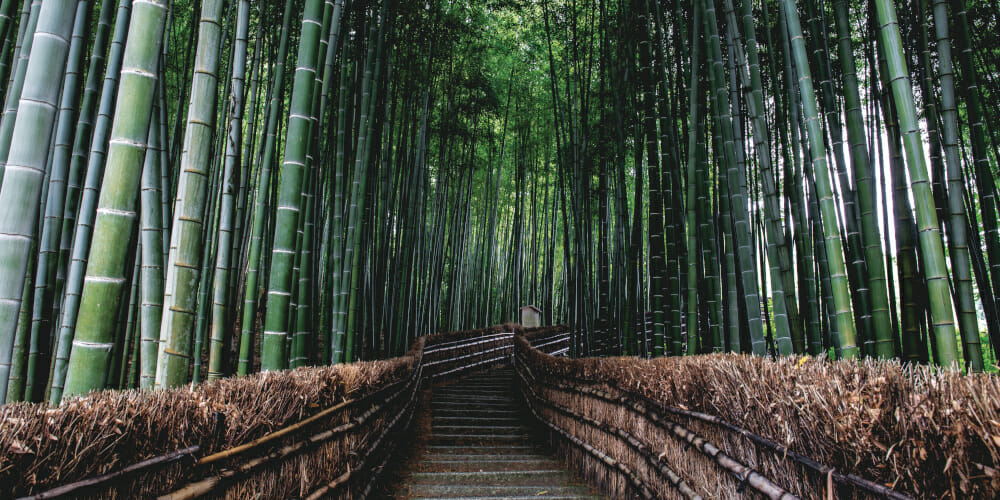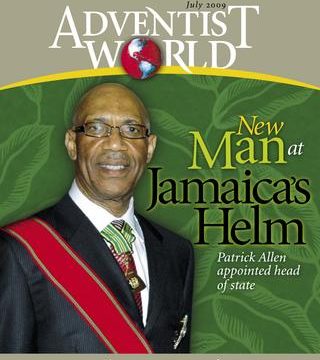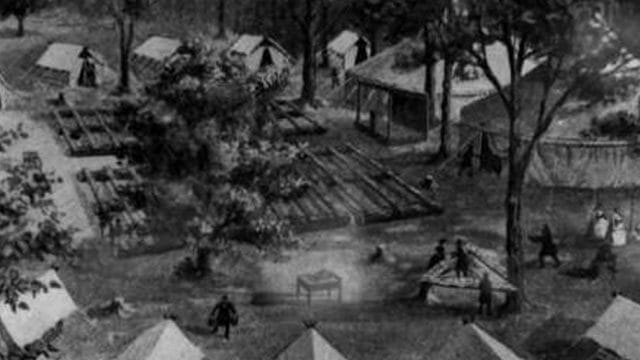The Japanese Christian writer Shusaku Endo stormed the literary world with his book Silence, a dramatic retelling of Christianity’s bloody mission to take […]

The Japanese Christian writer Shusaku Endo stormed the literary world with his book Silence, a dramatic retelling of Christianity’s bloody mission to take hold in this ancient land. For centuries Japan has been “the graveyard of missionaries.” Even our own faith community for the past 120 years has struggled to gain a foothold in a land held in the dark grip of Shintoism, Buddhism, and of late, Western materialistic secularism.
So for Masumi Shimada, president of the Japan Union Conference, to challenge his team of leaders and pastors to reverse the declining membership in the Seventh-day Adventist Church was in itself a bold stand. The days of post-World War II missionaries (including my parents) who raised up churches and evangelistic centers in Japanese cities and villages are long gone. The post-missionary era precipitated a shift from what was considered Western-style public evangelism to more indigenous methods. But collective hindsight now recognizes globally that when the church abandons its public proclamation of the three angels’ messages it further precipitates a declining membership.
In January I listened carefully as Pastor Shimada enlisted his workers in an unprecedented 163 evangelistic and outreach events for the month of May. My assignment was the students and faculty of Adventist-operated Saniku Gakuin College outside Tokyo—201 college students, 70 percent of whom are not Christians.
Talk about a challenge! That’s why in April Pioneer Memorial Church and Andrews University partnered in a campus-wide 24 Days of Prayer and Fasting on behalf of the Land of the Rising Sun. Moreover, during each of the morning and evening evangelistic meetings at Saniku, a team of 30 prayer warriors at Andrews University gathered on the phone for a prayer conference call night and day, at the very times the translator and I were preaching.
Eleven sessions to present the Bible’s most significant truths to 140 young adults—it’s the same challenge our faith community constantly faces to reach this rapidly secularized world! Japanese people prize the concept of what they call wa—the sacred value of relational harmony in both society and culture. So in each session the translator and I (Tadashi Yamagi from the college’s Theology Department did most of the translating) kept building on that relational value through the theme: “The Maker of All Things Loves and Wants Me.” It’s the gospel truth.
Shinto and Buddhist syncretism has embedded in the national psyche a fractured, fearful portrayal of the gods and the ancestor spirits that live on after death. Our mission is to counteract that dark fear with the counterpoint that shines most brightly in the life, death, resurrection, and soon coming of Jesus.
At each session we invited listeners to respond through decision cards. At week’s end Koken Kondo, the campus pastor, reported 27 individuals who indicated in writing their desire to follow Jesus in baptism (many of them without adding their names). But in non-Christian Japan such anonymous responses are a vital first step in a long journey into Bible study and church attendance before baptism.
The Bible promises of both Jesus and Japan that “people living in darkness have seen a great light; on those living in the land of the shadow of death a light has dawned” (Matt. 4:16, NIV). That’s why I believe that one day Japan will truly be the Land of the Rising Son.
Dwight K. Nelson was born in Tokyo to missionary parents. He spent 14 years in Japan, speaks Japanese, and is lead pastor of Pioneer Memorial Church, located on the campus of Andrews University, Berrien Springs, Michigan, U.S.A.








